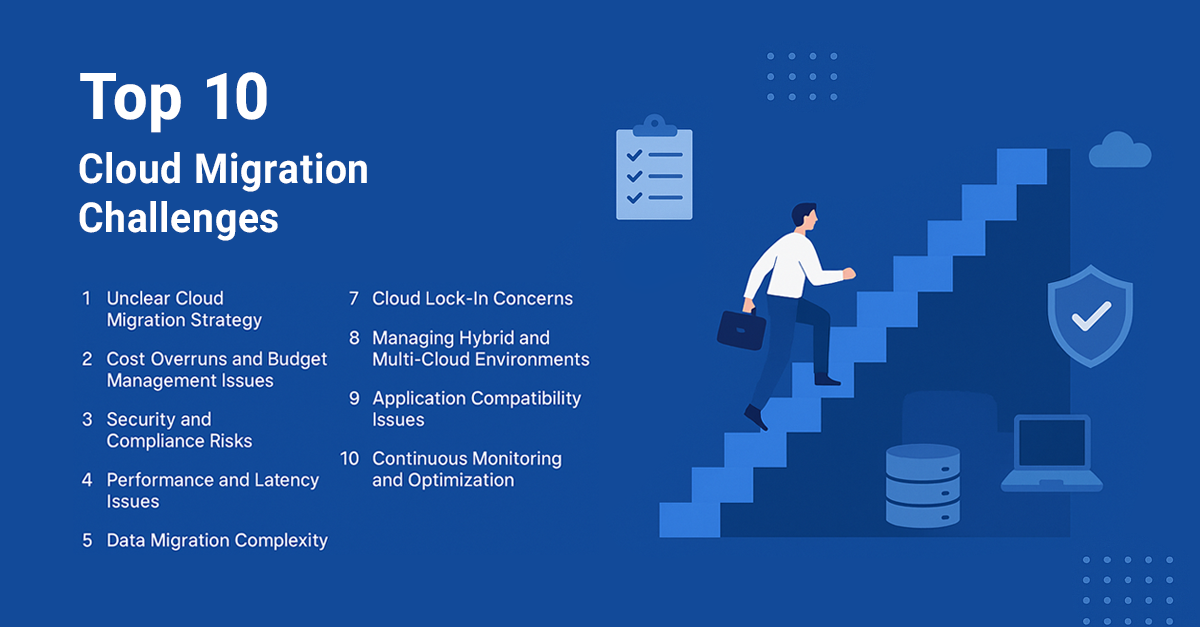What motivated your organization to migrate to Azure? Our clients answer this question in several ways:
- To reduce IT infrastructure spending.
- To access enterprise-grade infrastructure with greater redundancy and reliability than they could achieve in-house.
- To streamline the IT infrastructure management burden and reduce the associated staffing, equipment, and facilities costs.
- To benefit from the enhanced security of an infrastructure platform managed by a business of Microsoft’s scale and capabilities.
- To accelerate infrastructure deployment, leverage on-demand infrastructure, and promote greater operational agility.
These are all great answers. Everything they expect from Azure is possible. But our clients approach us because they struggle to turn Azure advantages into real-world benefits. They spend more on Azure infrastructure than they should. They aren’t sure whether their Azure infrastructure is well secured. They don’t know how to use Azure’s built-in monitoring and alerting capabilities effectively.
The primary benefit of Azure managed services is this: we know how to deploy and manage Azure infrastructure and services to meet your business’s budgetary, operational, and security needs. Our managed services put that expertise and experience at your disposal.
Optimize Infrastructure for the Cloud
Businesses often look at the cloud as a less expensive alternative to on-premises or colocated bare-metal infrastructure. They treat cloud servers as if they were a simple replacement for dedicated servers. Apps are migrated to infrastructure with an identical architecture that just happens to be hosted on Azure.
There is nothing intrinsically wrong with this approach to Azure, and a “lift and shift” migration is often best for organizations new to the cloud. However, it does leave much of the value of Azure’s rich ecosystem of services untapped.
There are two ways to optimize this sort of infrastructure deployment. The first is to optimize it in place: make sure the VM instances are rightsized, that they are properly secured, that they are adequately integrated with Azure Monitor with relevant alerts.
The second approach is to rearchitect the application and infrastructure—to transform a legacy application into a cloud-native application in which cloud infrastructure and application architecture complement each other.
Few businesses have the capability or the capacity to push either approach to its optimal conclusion, which is where Azure managed services can be a big help.
At VIAcode, we are experienced with both approaches. Our managed services team will manage and maintain your existing Azure infrastructure to optimize cost, security, and availability. But we can also help you to take full advantage of the scope of Azure, including its Infrastructure-as-a-Service, Platform-as-a-Service, Container, and serverless services.
Whichever approach you choose, we implement comprehensive monitoring and incident management systems to ensure that you are constantly informed about the state of the infrastructure your business depends on.
Secure Your Azure Infrastructure
Azure is a secure cloud platform. Microsoft has decades of experience in building and designing secure enterprise software and hardware platforms. Azure is replete with tools and services that focus on security monitoring, network security, identity management, compliance, and more. But it is often challenging for organizations to use Azure’s tools and services to their greatest advantage.
Misconfiguration and user error are the primary cause of security breaches on cloud platforms. We’re all familiar with stories of massive data leaks from unencrypted cloud data storage platforms or databases left open to the internet. A survey by McAfee of 1000 IT professionals discovered that 90 percent of respondents had encountered IaaS misconfiguration errors that caused security vulnerabilities. According to SC Magazine, in 2018 there was a 424 percent increase in data breaches due to misconfigurations caused by human error. Most firewall breaches are caused not by flaws in the firewall but misconfiguration. We could go on.
Azure and other cloud platforms make it trivially easy to deploy a server and install a database or to upload gigabytes of unencrypted customer data. It also provides many of the tools and services your organization needs to ensure that it is not the source of the next headline data breach.
Azure managed security from VIAcode will help your business to centralize management of security policies, implement continuous security assessments, provide actionable alerts, and make sure your infrastructure is well-configured and optimally secured.
Reduce Azure Infrastructure Costs
Organizations often pay more for cloud infrastructure than they should. That’s partly a function of the ease with which cloud infrastructure can be deployed. You can have a VM running on Azure in seconds, something that isn’t possible with on-prem or colocated infrastructure. But, while it’s easy to deploy infrastructure, organizations need systems in place to ensure that they choose the most cost-effective option; that VMs, storage, and other services are removed when they’re no longer needed; and that infrastructure is monitored to ensure efficient utilization.
Azure provides the tools and the flexibility to match spending with your organization’s real-world requirements. But, it is a complex platform and it can be challenging to make the right choices.
VIAcode’s Azure managed services professionals will make sure your organization gets the best return for its infrastructure investment. We’ll rightsize your infrastructure, implement utilization monitoring, and help you to navigate the complexities of the platform’s server and storage options to reduce costs while maximizing performance and availability.
To help your business get started with Azure optimization, take our free, 30-second Azure health check. We’ll perform a comprehensive capacity and budget analysis, suggesting resource optimizations for VMs, Web Apps, SQL, Storage, and more. In addition to cost optimization, our free assessment also includes business continuity recommendations, security analysis, and health monitoring.
Monitoring Microsoft SQL Server with SCOM and SQL Server vNext MP
Fill out the form to watch the webinar.


